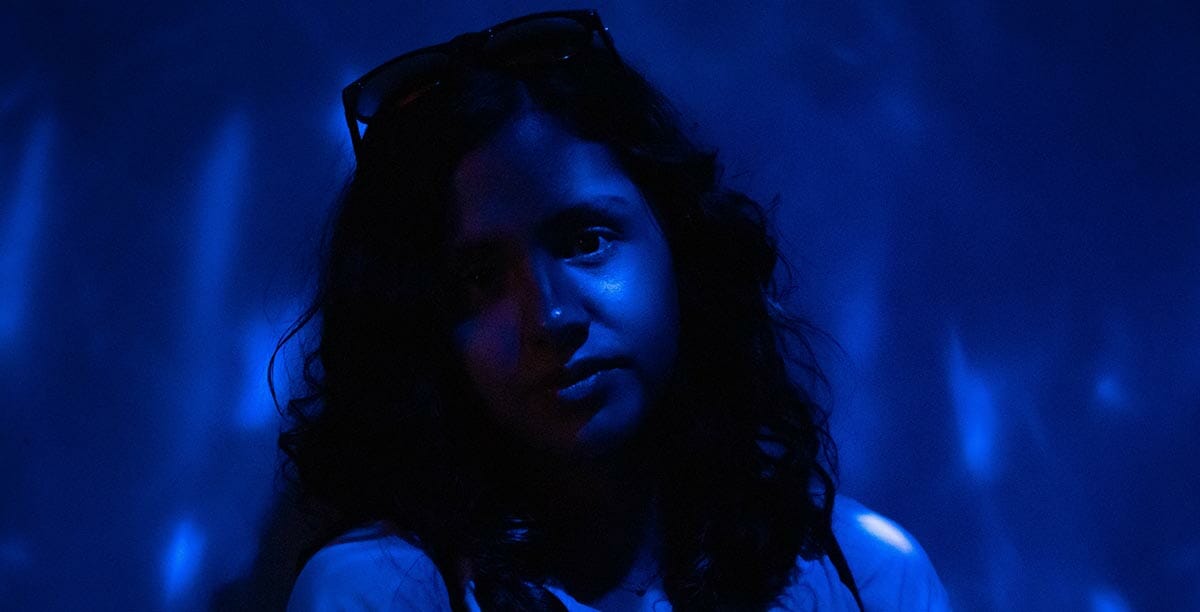During the COVID-19 pandemic, most of us have effectively been under quarantine. Cooped up in our homes, we’ve relied more than ever on our phones, tablets, and computers to keep us connected with other people.
Digital technology has certainly been a lifesaver for many, but it’s not without its dangers. One of the most significant disadvantages of all this screen time is the exposure to blue light. Our electronic devices emit this light in high volumes, and in the long run, this can actually have a damaging effect on the skin.
In this post, we’ll tell you more about the hazards of blue light exposure… and, what you can do about it.
What is Blue Light?
When we think about light, it’s important to remember that it exists on a spectrum. For example, the sun emits UV waves, which are defined by having the longest wavelengths.
Light with a shorter wavelength is blue light, and it’s emitted both by the sun and by our digital screens. While the shorter wavelength means less damage to your skin than those potent UV rays, there are still dangers associated with overexposure to blue light.
The Dangers of Blue Light
Concentrated exposure to blue light can impact the skin in a number of ways. Some examples include:
- A change to the color of your skin
- Inflammation
- A concentration of discolored spots
- A weakening of the skin’s elasticity
Again, nobody is suggesting that spending a few minutes on your phone is suddenly going to give you bad skin. If you’re surrounding yourself in that blue light all day, every day, however, you shouldn’t be surprised when you start to notice some skin damage.
Of course, there are other effects of blue light even beyond your skin; for example, blue light can disrupt your internal rhythms and make it challenging for you to sleep at night. All of this raises the question of what you can do to cut down on blue light damage, especially in an era when many of us are hyper-dependent on our devices.
Addressing Blue Light Exposure
A few practical considerations:
- Be sure you’re using soft, warm lighting in your home. You’re getting blue light from your screens, so there’s no reason why you should also be getting it from your light fixtures.
- Turn off your phone during bedtime; ideally, put it away an hour or two before you go to sleep.
- Access the settings on your device to turn down the brightness.
- Invest in a screen filter for your computer, which can reduce the blue light emissions.
- Plan some daily activities that will allow you to set your screens aside for a little while.
- If you use makeup, make sure you’re using SPF-enhanced products to protect your skin from light damage.
If you have any more questions or need to learn about some of the available options for skin restoration, we’re here to help. Contact the team at Javan Wellness at your next opportunity.

